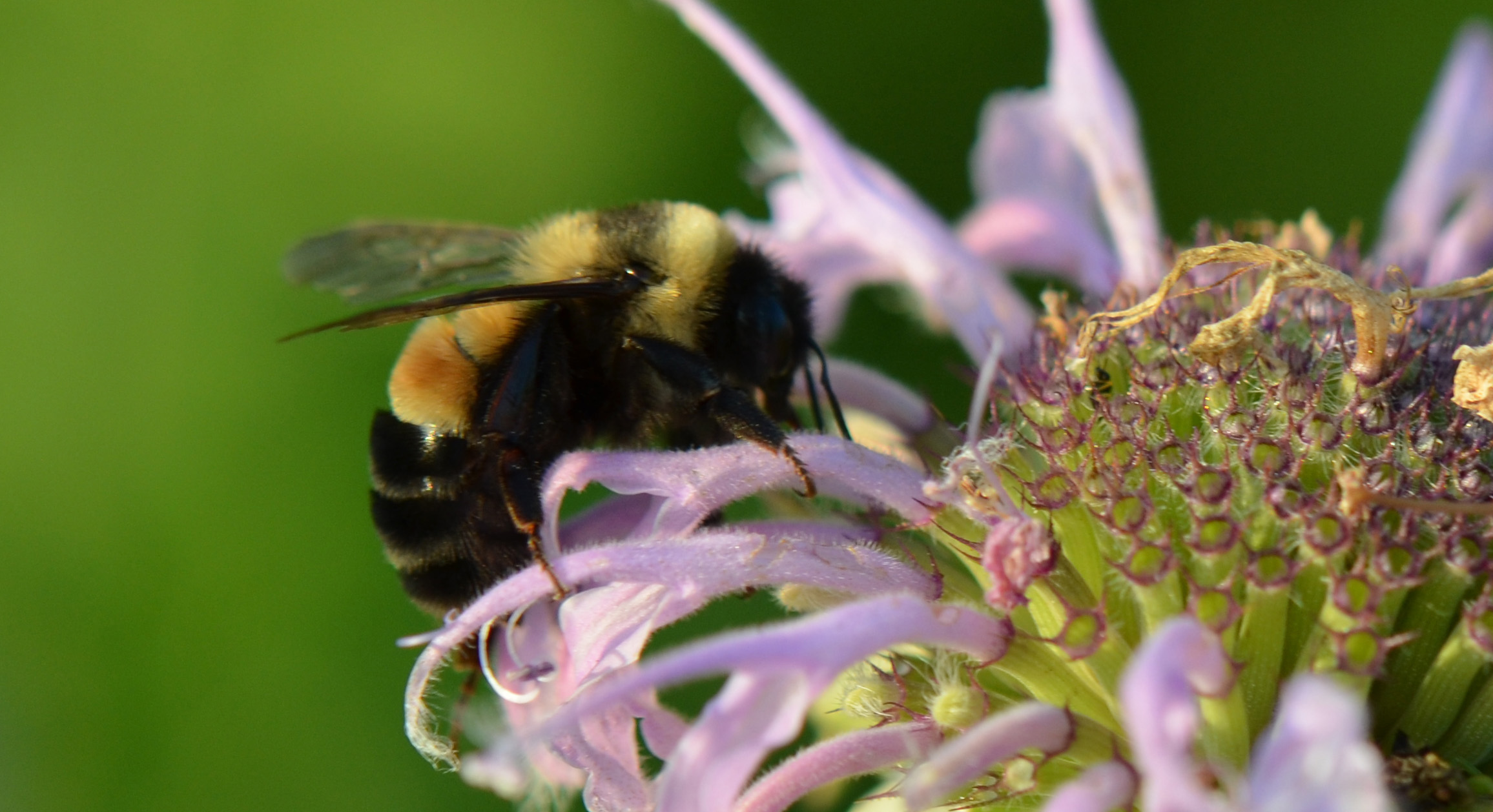21
Feb
Minnesota Introduces Bee-Friendly Pesticide Legislation and Fights for Local Rights

(Beyond Pesticides, February 21, 2020) Last week in Minnesota, state Representative Jean Wagenius introduced measure H.F. 1255 that would give cities the opportunity to ban local use of bee-lethal pesticides. This is the latest in a series of attempts to fight state pesticide preemption, an industry-promoted law that prevents localities from restricting pesticide use more stringently than the state. In the face of inaction at the federal and state levels, advocates and legislators in Minnesota are attempting to regain local control to help save their declining, Midwestern pollinators. Representative Wagenius says about the measure, “Minnesotans should be able to protect pollinators if they want to. We value local control in this state, and we always have.”
H.F. 1255 will allow cities to opt into a blanket ban of pesticides determined by the Environmental Protection Agency (EPA) to be hazardous to bees. Pesticides with an EPA bee-advisory box are listed on the state’s Department of Agriculture website and referred to as “bee-lethal” by Minnesota legislators. Patrick Hanlon, director of environmental programs for the city of Minneapolis, says cities would work with Department of Agriculture, businesses, and residents that might be impacted by these restrictions before enacting the bill.
Local advocates have pointed to the issue of declining pollinators since 2013 when three beekeepers in Minneapolis lost their honey bee hives from acute pesticide poisoning. They built a powerful coalition and passed a city resolution declaring Minneapolis a “pollinator-friendly city” which, among other things, directed the City of Minneapolis to lobby for local control. 39 more cities in Minnesota have since declared themselves “pollinator-friendly” – more than any other state. The momentum in this movement is growing as bad news for pollinators continues to break.
The Minnesota Department of Natural Resources surveyed over 63 prairie sites for 13 known native butterflies from 2014-2016 and, disappointingly, found only 6 of those species. The agency has also estimated that Minnesota’s state bee, the endangered rusty patch bumblebee, lost 90% of its population over the past 20 years.
“For some folks, it’s a moral issue, and for others it’s a financial issue,” Rep. Wagenius told ABC News. “We’ve have had a lot of our beekeepers take their hives to California.”
For the past seven years, Minneapolis Representative Jim Davnie attempted to push for a “half preemption” bill that only restored local control to Minnesota’s four largest cities: Minneapolis, Rochester, St. Paul, and Duluth. However, powerful industry pushback has stalled any progress. Opposing forces cite a “hard-to-navigate” patchwork of rules and inability to control invasive species such as the emerald ash-borer.
State Representative Rick Hansen says pesticide users and manufacturers have made “apocalyptic arguments” for over 30 years about the negative impact of banning certain chemicals. He told the Star Tribune, “Well, in the meantime bad things have been happening and things are falling apart.”
While this measure indicates a positive step for protecting pollinators, Beyond Pesticides represents concerns such as EPA’s inadequate labeling for honeybee protection and the limited scope of the bill. More than negatively impacting pollinators, toxic pesticides also harm children and contaminate Minnesota’s drinking water.
Beyond Pesticides celebrates Minnesotan advocates making headway in different areas, (for example, the Minneapolis Park and Recreation Board ended the use of glyphosate (RoundUp) and created a pesticide advisory committee to inform reductions in the use of toxic pesticides) but sweeping reform needs to come from the federal level. For pollinator-specific legislation, local and national advocates can support the Saving America’s Pollinators Act (H.R.1337), which will not only cancel specific bee-toxic pesticides, it will also reshape the EPA process for permitting pesticides to be used in our communities and homes in the first place. Under this bill, pesticides that pose risks to pollinators will undergo a higher level of review by a board of unbiased pollinator experts. If these experts, who will not have conflicts of interest with the chemical industry, determine a pesticide is too toxic, then it will be removed or never allowed on the market in the first place.
All unattributed positions and opinions in this piece are those of Beyond Pesticides.
Sources: Star Tribune, ABC










